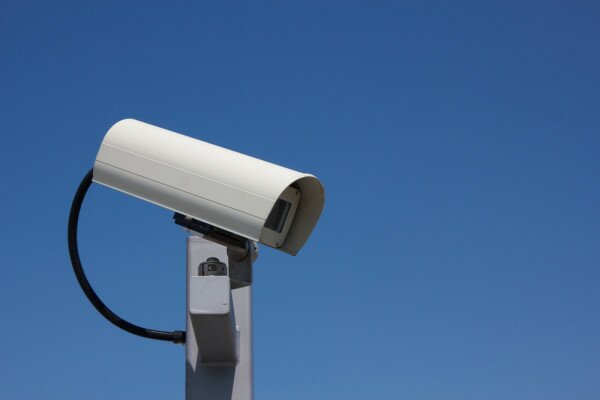
More regular internet users have data intercepted by the United States (US)-based National Security Agency (NSA) than legally targeted foreigners, according to a survey by the Washington Post.
According to the newspaper, nine out of ten account holders with the media outlet were found in a cache of intercepted conversations provided by American whistleblower and former NSA contractor Edward Snowden.
It said account holders were American and non-American alike, revealing the extent of the surveillance programme.
The individuals were not the intended surveillance targets but were caught in the system designed to surveil legitimate targets.
“Nearly half of the surveillance files, a strikingly high proportion, contained names, email addresses or other details that the NSA marked as belonging to U.S. citizens or residents,” the Post said.
“NSA analysts masked, or “minimised”, more than 65,000 such references to protect Americans’ privacy, but The Post found nearly 900 additional email addresses, unmasked in the files, that could be strongly linked to US citizens or US residents.”
Additionally, the information provided by Snowden highlights a secret overseas nuclear project, doubly dealing by an ally of the US, and the identities of hackers attempting to infiltrate US computer networks.
HumanIPO reported last week UN-based digital right advocacy group the Electronic Frontier Foundation (EFF) had filed a Freedom of Information Act (FOIA) lawsuit to against the NSA to gain access to files documenting the use of zero day exploits by the intelligence agency.
Recently disclosed documents also highlight that the NSA haslegally been able to perform blanket surveillance on the African continent since 2010, withAlgeria and Ethiopia acting as third parties in the surveillance programmes.
Image courtesy of Shutterstock

















